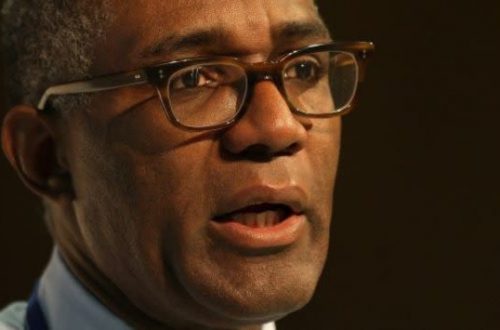In what appears to be becoming a repeat event, Tony Spotiswood, the CEO of NHS Royal Bournemouth & Christchurch Foundation Trust has apologized to the family of a mistreated patient. Terminally ill with a pulmonary disorder, 85 year old Dorothy Simpson’s last act when left unattended was to telephone her son for help: he arrived less than half an hour later, to find that she had recently died. Warning alarms on her medical equipment had not alerted staff.
(Another apology may be forthcoming, this time regarding 79 year old June Brooke; against whom a DNR order was issued without consultation with her family.)
Some small consolation would be that her imminent death was inevitable because of her illness. A recent report by NHS Kidney Care suggested that one cause of avoidable death is lack of fluids during renal treatment, with anecdotal reports of desperate patients drinking water from vases. This might have included 22 year old diabetes insipidus sufferer, Kane Gorny who – when admitted to St. George’s Healthcare NHS Trust in London – telephoned 999 in desperation, only for officers to be turned-away by staff who insisted he was in a confused state.
Gorny was found to have died in 2009 as a result of gross failures which continued after the officers were turned away. Apologies have been issued.
Aback this, Health Secretary, Jeremy Hunt has proposed plans to introduce a charge of willful negligence with sentences of between one and five years for NHS England staff – NHS Scotland will consider its own legislation – who fail to provide suitable care for patients. Although similar legislation exists already, cases actual prosecution of it have been scant; and the new proposals would introduce the means to remove indemnity from prosecutions for NHS Trusts whose management failed to monitor failing staff.
With cases like Simpson and Brooke’s – and definitely Gorny’s – in my mind, I have to admit being able to take only so far objections that this will instil a sense of fear in staff. Those medical staff who genuinely cared for patients would not, I suggest, be standing by if patients were abandoned to random chance of survival from otherwise treatable conditions. Where a climate of fear exists already, it is against those who do object: as Julie Bailey found out when she started campaigning against Mid Staffs NHS Trust.
